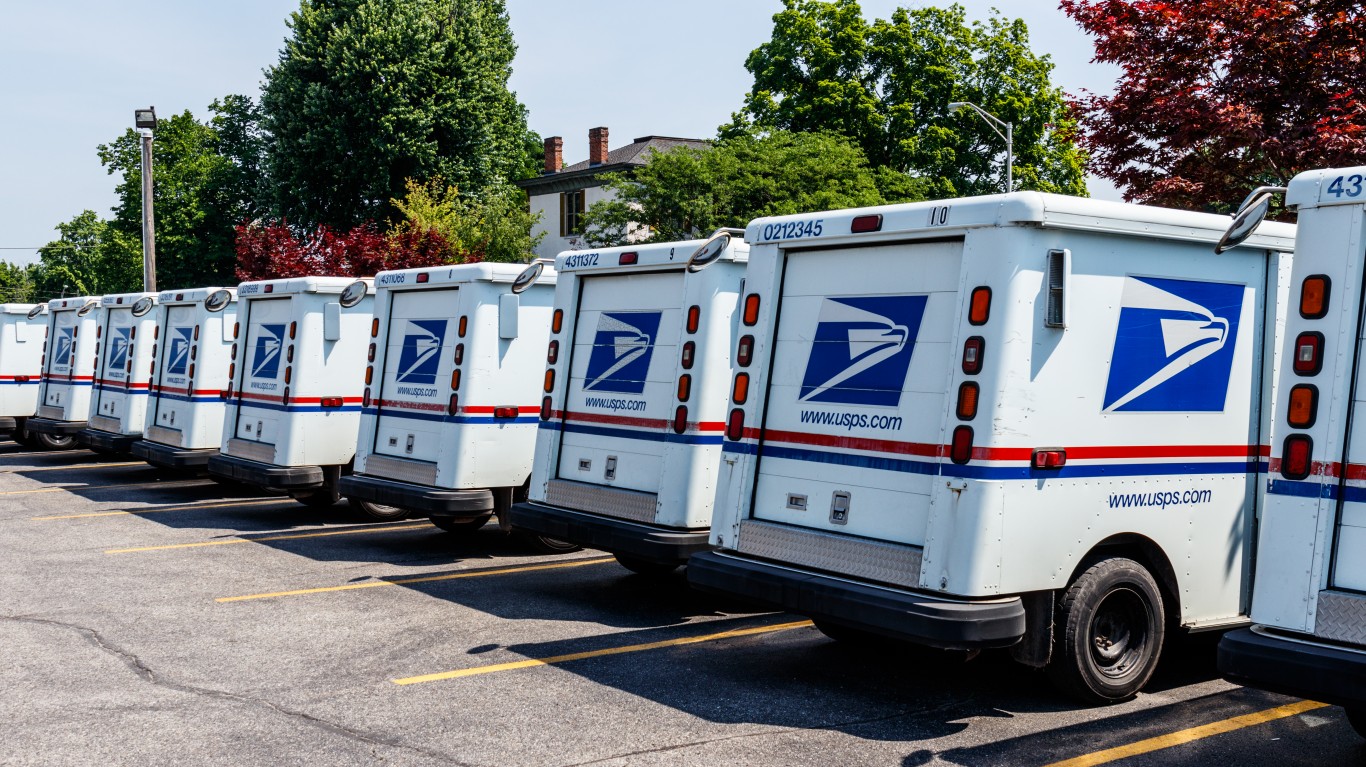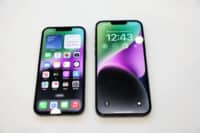
With no fanfare, the U.S. Postal Service (USPS) has added Apple Inc.’s (NASDAQ: AAPL) Apple Pay to its list of accepted forms of payment for many online transactions at the USPS website. However, Apple Pay still cannot be used to pay for transactions at post offices or other retail locations.
According to a report at Appleosophy, Apple Pay can be used to pay for digital transactions at The Postal Store, PO Box Online, Every Door Direct Mail, USPS Package Intercept/USPS Delivery Instructions, Pickup On Demand, Click-N-Ship and USPS Tracking Plus.
People will have to use Apple’s Safari browser version 10.0 or later on an iPhone, iPad or Mac to take advantage of the service, according to PYMNTS.
Getting Apple Pay into the postal service’s 34,000 physical locations will take time and, of course, money to roll out needed software infrastructure. Only 4.5% of all consumers used Apple Pay to complete in-store purchases this year, according to PYMNTS.
A Baltimore woman discovered that an Apple AirTag had been surreptitiously attached to her car while she was in a bar. She discovered the device when her iPhone began notifying her that an “AirTag Found Moving With You. The location of this AirTag can be seen by the owner.”
The woman, identified as Jeana, tweeted the incident to her 1,700 followers, according to a report in the New York Post. That generated thousands of likes, plus some critics “who tried downplaying the severity of her nearly deadly encounter,” according to the report.
Apple’s tracker detector for iPhone and a recently released version for Android-based phones will notify the phone’s owner if a tracking device has been moving along with the person for more than 10 minutes. The detector also plays a sound on the tracker to help people locate it.
Briefly noted:
Apple analyst Ming-Chi Kuo of TF International Securities wrote in a research note Monday that Apple will add a 48-megapixel camera lens to next year’s iPhone and a so-called periscope lens in 2023.
A Taiwanese firm has sued Apple for infringing nine LED and miniLED patents in the 12.9-inch iPad Pro released in April. The lawsuit, filed in Taiwan’s Intellectual Property and Commercial Court, covers the packaging used in several LED chips used in the iPad’s Retina XDR display with miniLED backlighting. MiniLED technology is also used in other Apple products, and these are also covered in the complaint. The lawsuit seeks $7.5 million in compensation and a court order for Apple to stop infringing the patents.
Thank you for reading! Have some feedback for us?
Contact the 24/7 Wall St. editorial team.

 24/7 Wall St.
24/7 Wall St.



